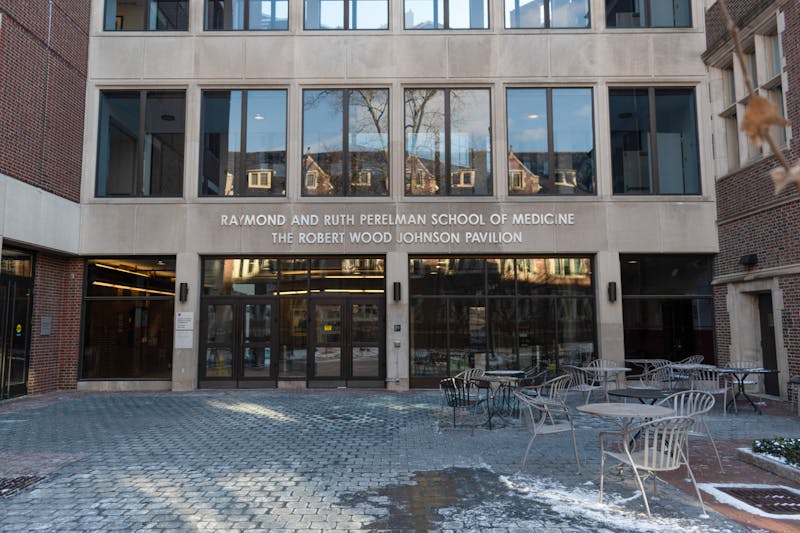
Over the next few weeks, new students will receive truckloads of unsolicited advice. Some of it will be valuable and much of it will be useless, if not plain wrong. You’ll have to sort through the platitudes, to learn what to trust and what to eschew.
My advice is in the newspaper, though, so you might as well trust me blindly.
For many, college represents a radical departure from the soft yellow walls of adolescence. The choices facing you are incalculable, endless even, and sometimes their consequences can be far-reaching. In all likelihood you will have more academic, social, and professional freedom now than you ever had before. The range of opportunities available to you cannot be overstated, nor can the caliber of the people around you.
It is easy to understand the University of Pennsylvania as an institution so steeped in history, prestige, and endowment-dollars that its structures and systems are unassailable. It is easy to see professors as giants of academia, to be feared instead of approached as they stride through the halls. Some clubs appear so serious and closed-off that the thought of joining (or, God forbid, being rejected from) is entirely unappealing.
These illusions must be broken for you to thrive here. Through some combination of hard work and sheer luck — and it always is a combination, one way or another — you are in a position that only a tiny fraction of the people in the world will ever enjoy. To believe that you aren’t deserving, or aren’t capable, of taking advantage of the incredible opportunities at this school is to waste the effort and good fortune that earned you a spot here.
Marketing materials and Convocation speeches often say things like, “Students from our university go on to change the world,” as if it is the education alone that empowers them to impact their surroundings. The degree can’t hurt, obviously, but the truth is that you already have the power to change the people around you, or Penn, or even the world.
Be ambitious. Take risks. Start a petition for whatever the hell you want; if no one signs it, you’re no worse off than you were before. Sign up for 300-level classes just because the syllabus sounds awesome, no matter what the difficulty rating is on Penn Course Review. Join eight clubs and figure out your favorites later. Wear a muscle tee to the gym, even if you have small arms. They’ll get bigger.
Of course, now that you’re in college, you’re responsible for your own actions. Gone are the rigid structures of high school and life at home. This newfound agency is daunting at first, but the rewards — for yourself and the people around you — can be immense.
Thousands and thousands of students have come through Penn’s doors and made it out the other side to have happy, successful lives, regardless of how badly they bombed their a cappella audition or how awkward their meeting was with an econ professor. Not all risks pan out, but memories of getting rejected from a party or being bored at the Penn Ikea Furniture Building Club’s first meeting will fade fast.
This is not to say that, after freshman year, it’s too late to try new things and take risks. However, the sooner you realize your potential, the more campus can benefit from your skills, talents, and passions.
One last piece of advice: The Compass thing is a myth. If you fail your midterms, it’s your fault (but you will be fine).
DAVID AKST is a College senior from Tivoli, N.Y. studying history. His email address is akst@thedp.com. He is the president of the 134th Board of The Daily Pennsylvanian.
The Daily Pennsylvanian is an independent, student-run newspaper. Please consider making a donation to support the coverage that shapes the University. Your generosity ensures a future of strong journalism at Penn.
Donate






